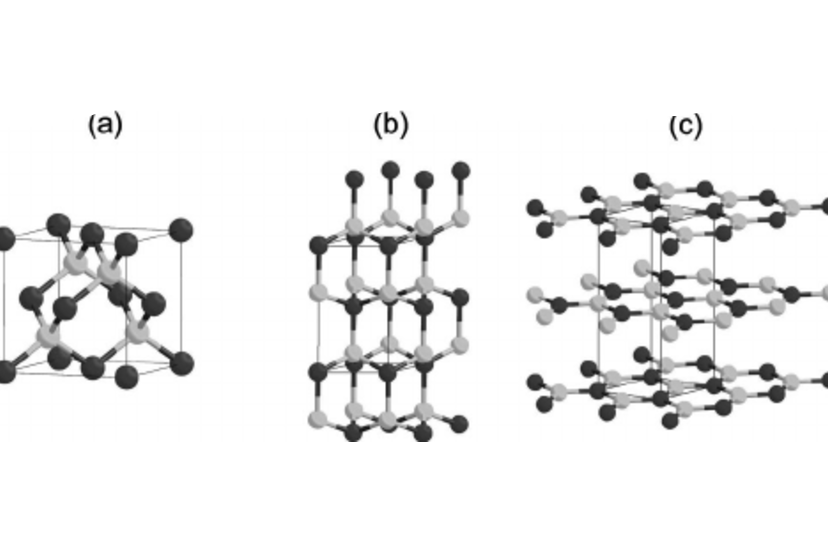Rachel Monroe leads the quality assurance team at Stanford Advanced Materials. With over 15 years in industrial material inspection and testing, she ensures every batch meets performance, compliance, and safety standards. Her work connects lab testing with customer satisfaction, bridging quality metrics and real-world reliability.
Materials Testing & Quality Assurance
Stanford Advanced Materials ( SAM) provides end‐to‐end testing services covering the entire product lifecycle – from raw materials to finished components. Our quality framework supports sectors that rely on regulatory compliance, including aerospace, electronics, energy and medical manufacturing. We maintain defined procedures and documented traceability at every stage of the testing process.
Testing Methods and Applicable Standards
All material tests at SAM comply with applicable international standards (e.g. ASTM) and are tailored to the material’s type, form and end use. The following outlines a typical workflow for metals and alloys.
1. Material Identification and Standards Confirmation
Each batch is classified by material type and form (e.g. bar, plate, wire, tube) and is checked against the relevant industry standard. Commonly referenced standards include:
-
Tantalum and Alloys: ASTM B364, B365, B521, B708
-
Titanium and Alloys: ASTM B348, B265, B861, F67, F136
-
Niobium, Molybdenum, Tungsten: ASTM B392, B393, B387, B777
-
Copper and Beryllium Copper: ASTM B152, B197, B115, B299
2. Chemical Composition Analysis
-
Conducted using ICP-OES, ICP-MS and gas analysis in accordance with ASTM E1447 and E1019.
-
Covers key alloying elements and critical impurities (O, N, C, H).
-
If measured values approach the specified limits, results are flagged for review prior to approval.
3. Mechanical Properties Testing
-
Tensile strength, yield strength and elongation are tested according to ASTM E8/E8M.
-
Hardness is measured using either Rockwell (ASTM E18) or Vickers (ASTM E92) methods as required.
-
Impact testing (ASTM E23) or fatigue/bending tests are conducted based on the material form and its intended application.
4. Dimensional and Surface Testing
-
Dimensional accuracy is verified using high-precision optical systems (100X–1000X).
-
Surface defects – including cracks, indentations, discolouration and processing marks – are inspected both visually and under magnification.
-
Evaluations adhere to the relevant ASTM tolerances (e.g. B917/B918) and, where applicable, customer specifications.
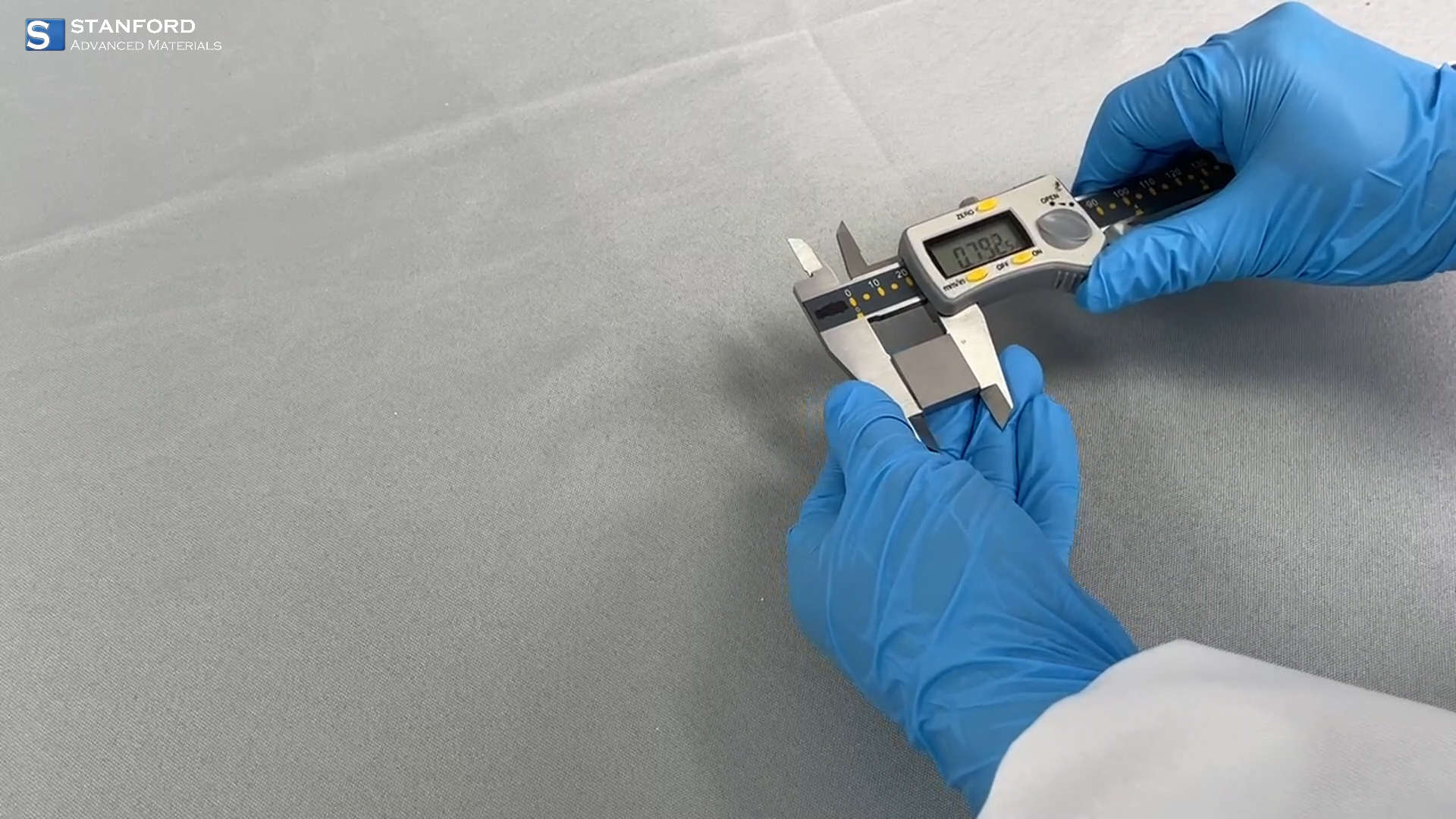
Test Reports and Documentation
- Each batch is accompanied by a test report detailing the measured values, the methods employed and the compliance status.
- By default, a Certificate of Analysis (COA) is provided, summarising the primary results; detailed methodologies are supplied only upon request or under contractual obligation.
- All data is traceable to internal test protocols and linked with batch-specific IDs.
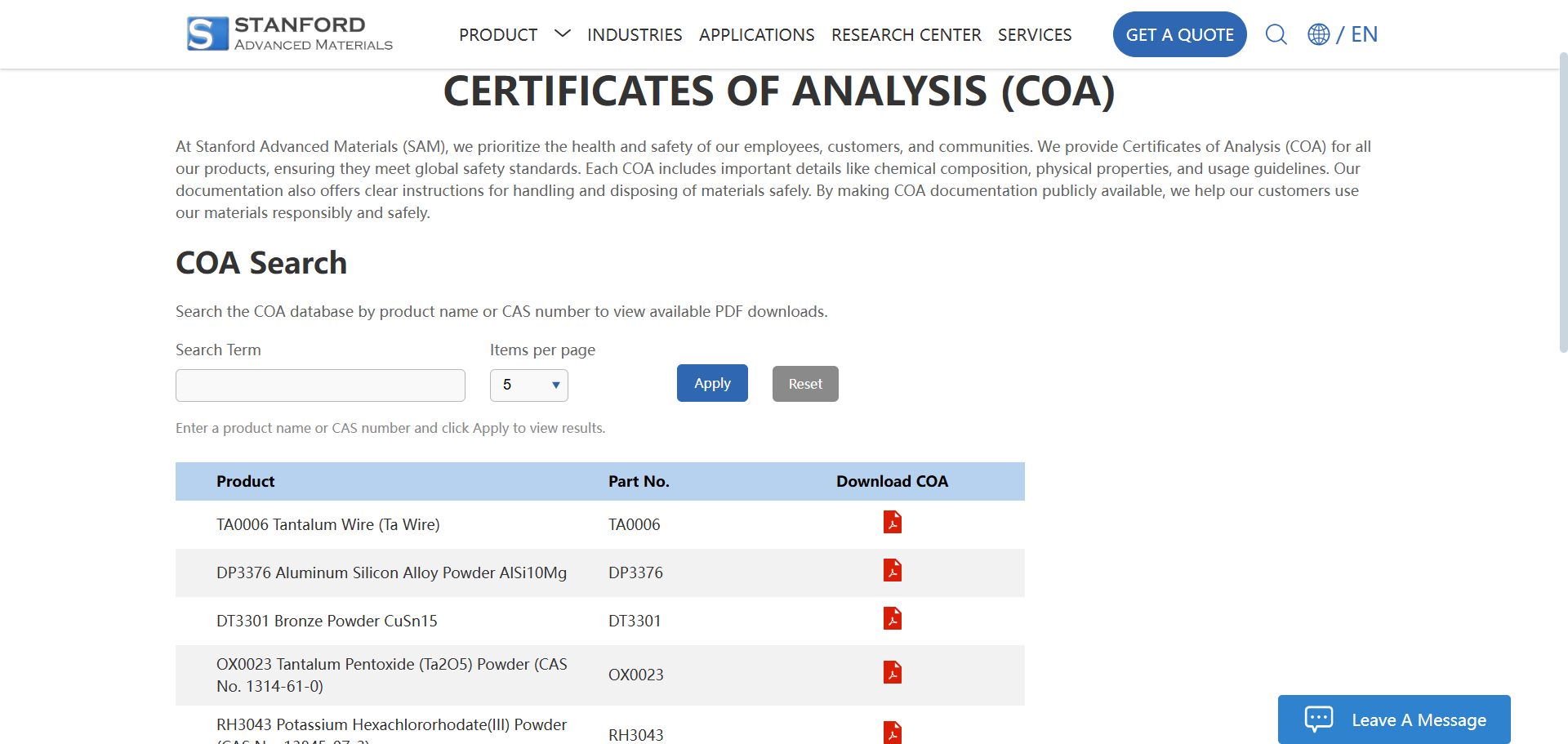
Technical Capabilities and Equipment
Our laboratory and quality control teams are equipped to perform material testing, failure cause analyses and ongoing process validation.
Personnel
-
Certified quality engineers and materials specialists.
-
Staff receive extensive training in aerospace, medical and industrial standards.
Equipment
-
Optical microscopes (100X–1000X).
-
Scanning Electron Microscope (SEM) with elemental mapping.
-
X-ray Diffraction (XRD) for phase analysis.
-
Tensile and hardness testing equipment.
- Tensile and hardness testing devices; ICP-OES / ICP-MS for elemental analysis.
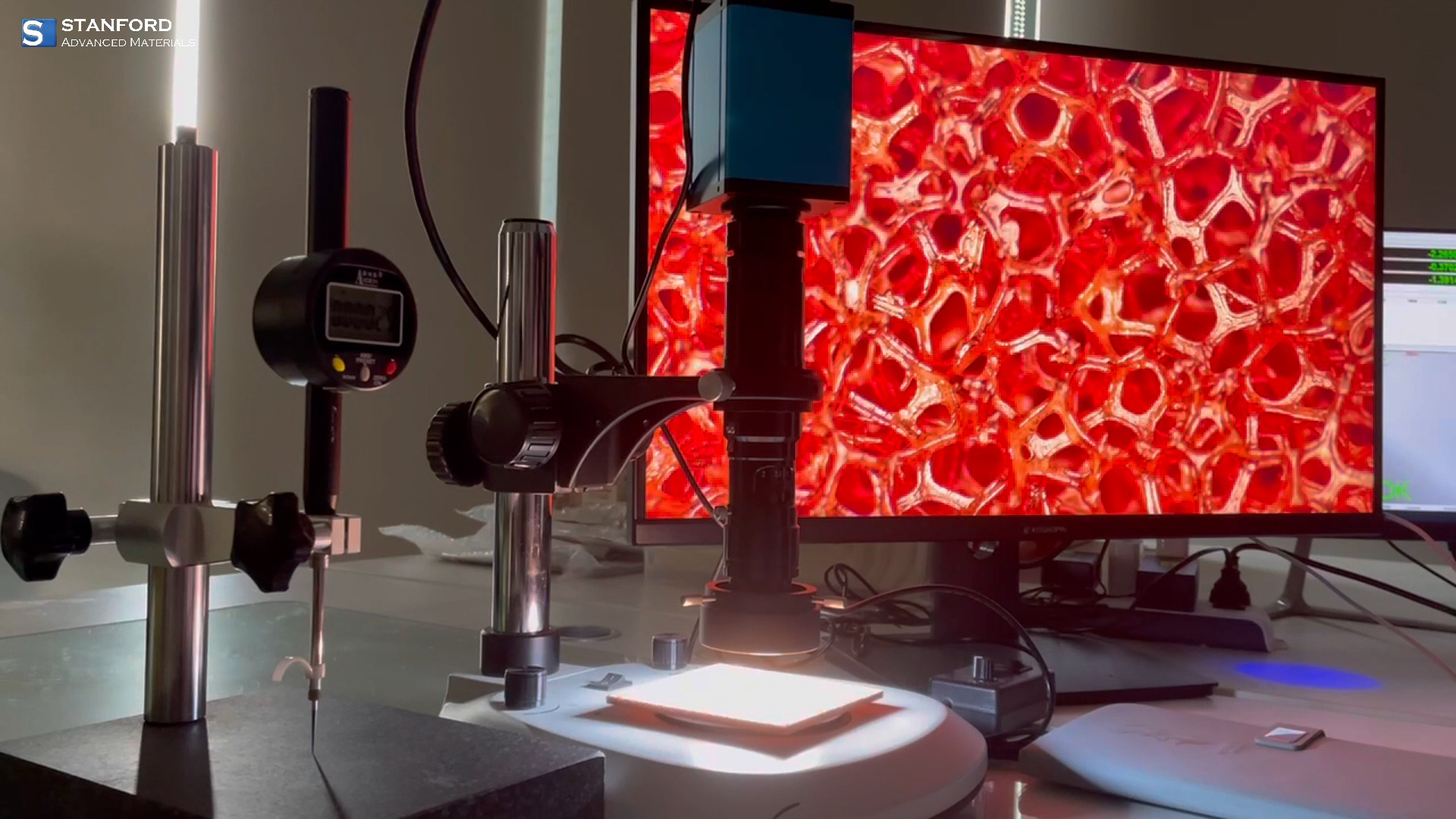
Additional Testing Services
Depending on customer requirements, statutory obligations or product complexity, we offer additional services as follows:
-
Non-Destructive Testing (NDT): Ultrasound, eddy current and radiographic inspection.
-
Microstructural Evaluation: Grain size, phase distribution and coating integrity.
-
Environmental and Corrosion Testing: Salt spray, humidity and chemical exposure tests.
-
Thermal and Electrical Testing: Conductivity measurements for applicable materials.
-
Evaluation of Residual Stress and Distortion
-
Implementation of customer-specific protocols on request
Testing Focus by Material Type
Tailored testing plans are applied for various material families to verify product integrity, traceability and performance endurance.
| Metals & Alloys | Bar, plate, wire, tube | Composition, tensile strength/hardness, grain size, dimensional controls, surface defects |
| Ceramics | Sintered parts, tubes | Density, porosity, flexural strength, thermal cycling, microstructure |
| Magnetic Materials | Rings, blocks, assemblies | Br/Hc/BHmax, coating quality, rare earth content, corrosion resistance |
| Rare Earth Materials | Powder, granulate, ingots | ICP-MS/GDMS purity, gas content, morphology, phase uniformity |
| Sputtering-Targets | Circular, bonded, planar | Density, purity, bonding integrity, flatness, surface oxidation |
| Hyaluronic Acid (HA) | Powder, gel, solution | Molecular weight (GPC), purity (HPLC), endotoxin level (LAL), viscosity, sterility, clarity |
Frequently Asked Questions (FAQs)
Q: Can I request testing based on a customer-specific specification?
A: Yes. We accept customer-defined methods or can adapt recognised international procedures.
Q: Can tests be conducted by third parties?
A: Yes, we collaborate with accredited external laboratories when additional verification or documentation support is required.
Q: Do you support testing of prototypes or small production runs?
A: Certainly. We provide services for research and development batches, new process validations and specific one-off programmes.
Q: Are extended test reports available?
A: We can provide standard COAs or customised documentation based on customer or regulatory requirements.
Contact Stanford Advanced Materials
23661 Birtcher Dr.
Lake Forest, CA 92630
Telephone: (949) 407-8904
Fax: (949) 812-6690
E-mail: sales@SAMaterials.com
Website: www.SAMaterials.com

 Bars
Bars
 Beads & Spheres
Beads & Spheres
 Bolts & Nuts
Bolts & Nuts
 Crucibles
Crucibles
 Discs
Discs
 Fibers & Fabrics
Fibers & Fabrics
 Films
Films
 Flake
Flake
 Foams
Foams
 Foil
Foil
 Granules
Granules
 Honeycombs
Honeycombs
 Ink
Ink
 Laminate
Laminate
 Lumps
Lumps
 Meshes
Meshes
 Metallised Film
Metallised Film
 Plate
Plate
 Powders
Powders
 Rod
Rod
 Sheets
Sheets
 Single Crystals
Single Crystals
 Sputtering Target
Sputtering Target
 Tubes
Tubes
 Washer
Washer
 Wires
Wires
 Converters & Calculators
Converters & Calculators
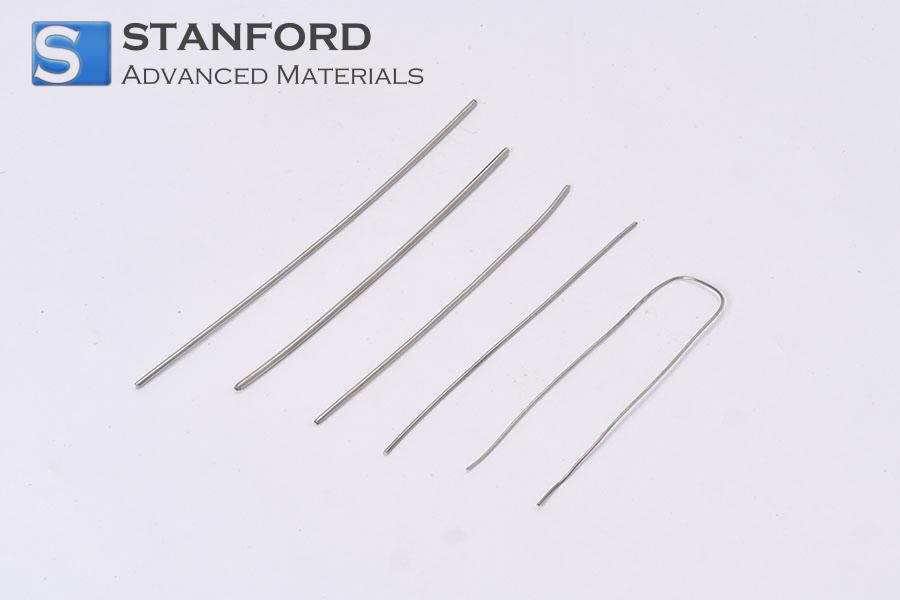
 Rachel Monroe
Rachel Monroe

